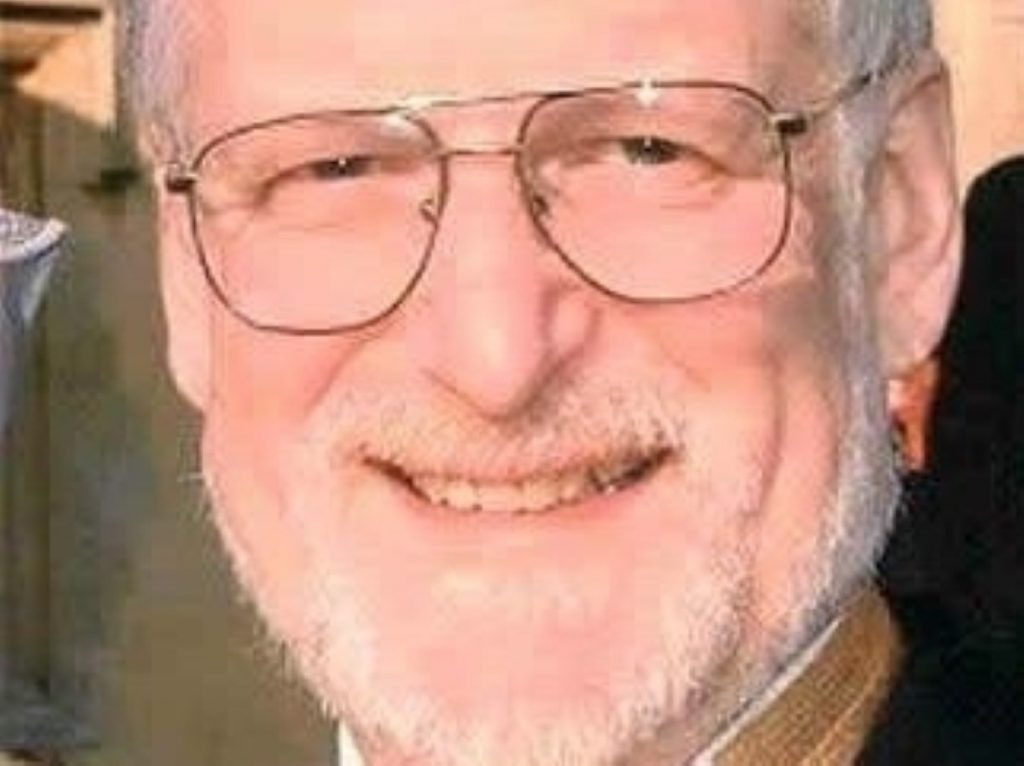Kelly pathologist: I’ve got nothing to hide
By politics.co.uk staff
The pathologist who performed the post-mortem on weapons inspector David Kelly has broken rank to defend himself, against a backdrop of increasingly insistent demands for an inquest into the death.
Various groups have expressed concerns about the official report into his death, which, unusually, was delegated to Lord Hutton’s inquiry rather than the normal inquest procedure.
Speaking publically about the case for the first time, Nicholas Hunt told the Sunday Times: “I felt very, very sorry for David Kelly and the way he had been treated by the government… I had every reason to look for something untoward and would dearly love to have found something.


“It was an absolute classic case of self-inflicted injury. You could illustrate a textbook with it.
“If it were anyone else and you were to suggest there’s something foul about it, you would be referred for additional training. I would welcome an inquest, I’ve nothing to hide.”
Earlier this month eight doctors claimed the injuries were inconsistent with suicide, and that the wound to Dr Kelly’s wrist was not serious enough to cause death unless he had a blood clotting deficiency.
But Mr Hunt insisted that his report documented substantial quantities of blood of the scene, and that Dr Kelly’s main coronary arteries were 70-80% narrower than normal.
“With David Kelly, there were three factors that contributed to his death. If you have narrower arteries, your ability to withstand blood loss falls dramatically,” he said.
“Your heart also becomes more vulnerable to anything that could cause it to become unstable, such as stress – which I have no doubt he was under massively – and the overdose.”
Last week, attorney general Dominic Grieve accepted that those demanding a new inquest may “have a valid point” but insisted he would need new evidence before setting up a new inquest.
His colleague in government, justice secretary Ken Clarke must decide whether to release certain key documents in the Hutton report.
The coroner’s report was made secret for 70 years by Lord Hutton, although he now says he is happy for doctors to view it and that the point of the secrecy was to protect Mr Kelly’s family.
The inquiry found Dr Kelly killed himself after being revealed as the source for a BBC story detailing how the government ‘sexed-up’ a dossier on Iraq’s weapons of mass destruction.









